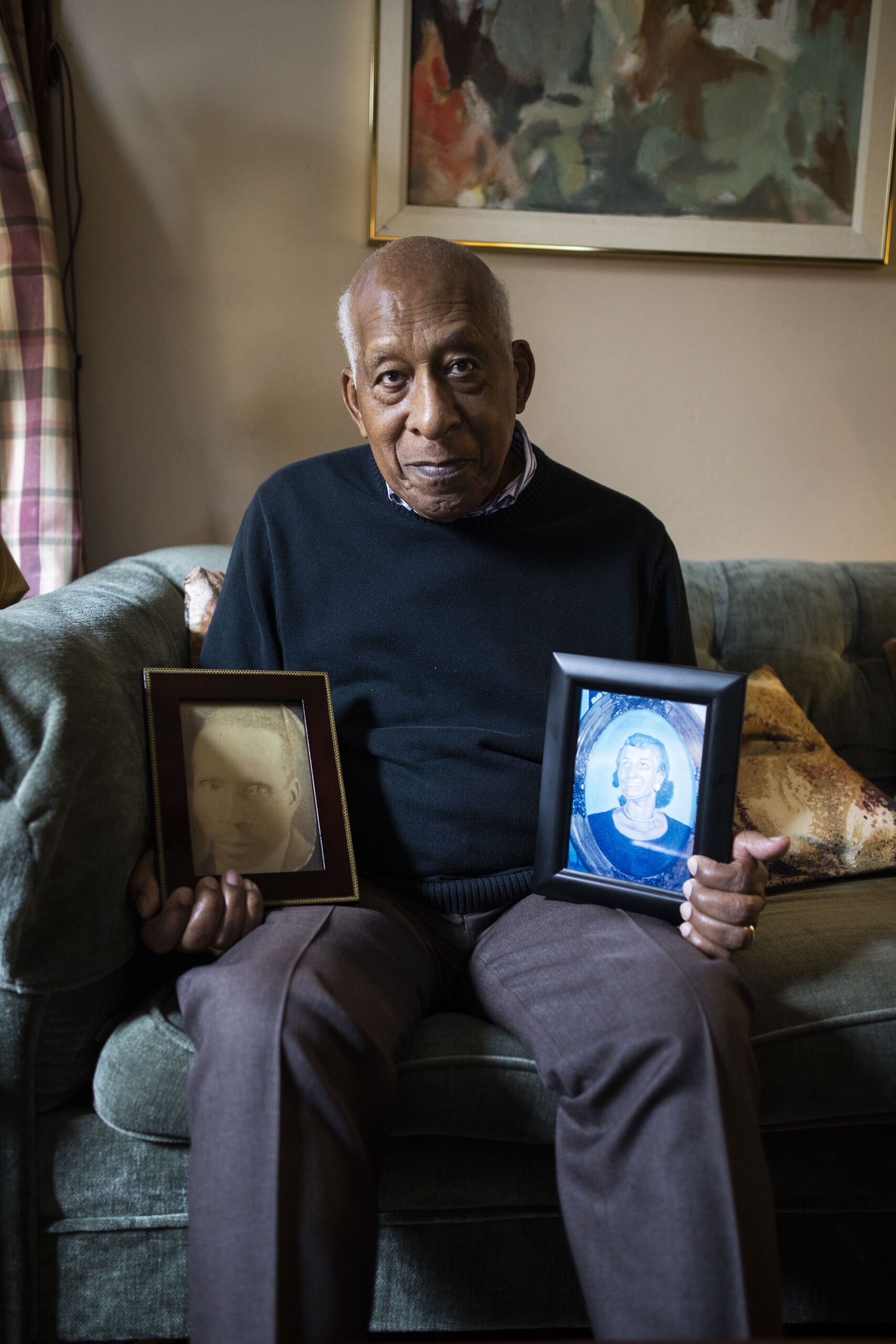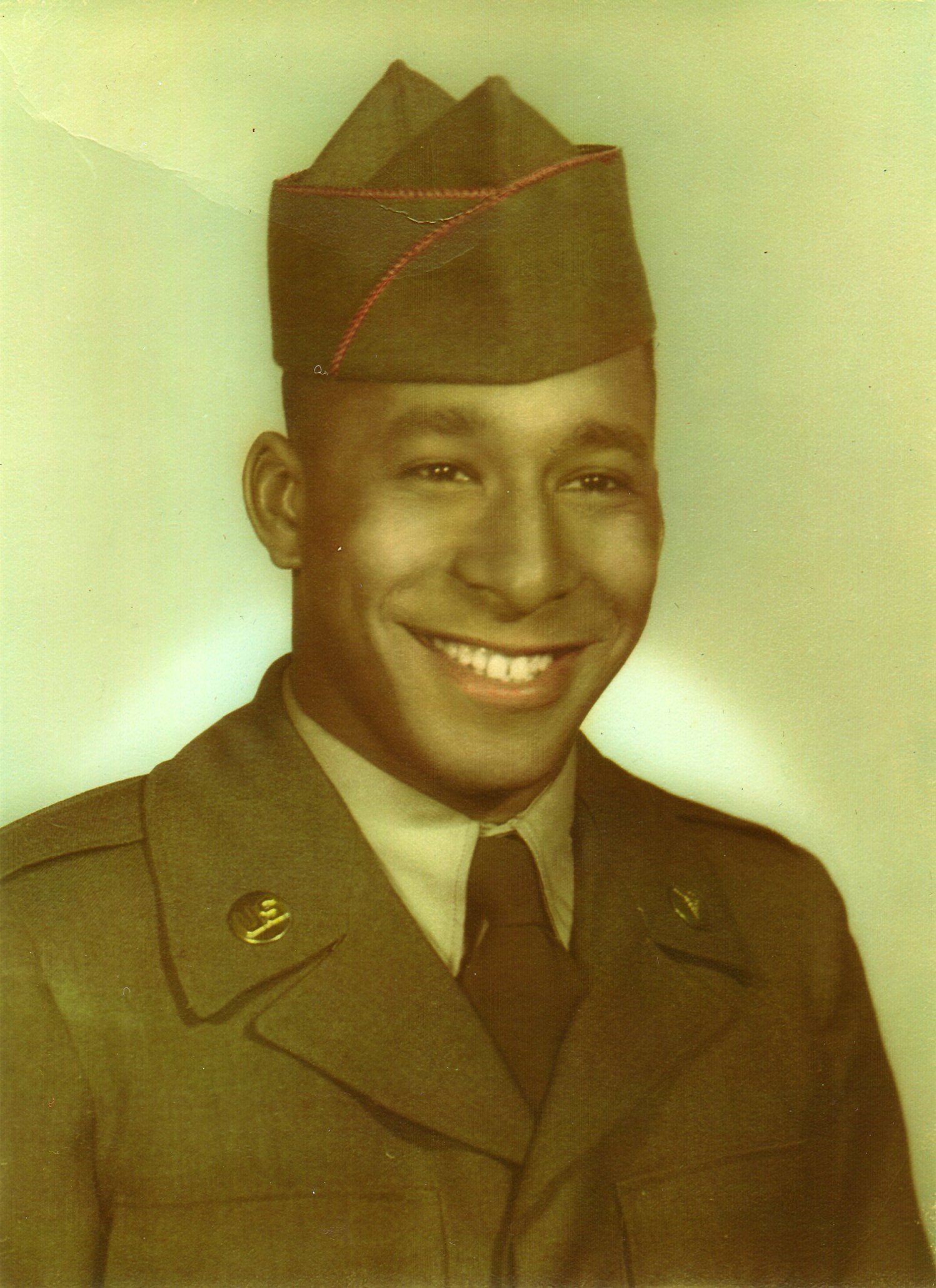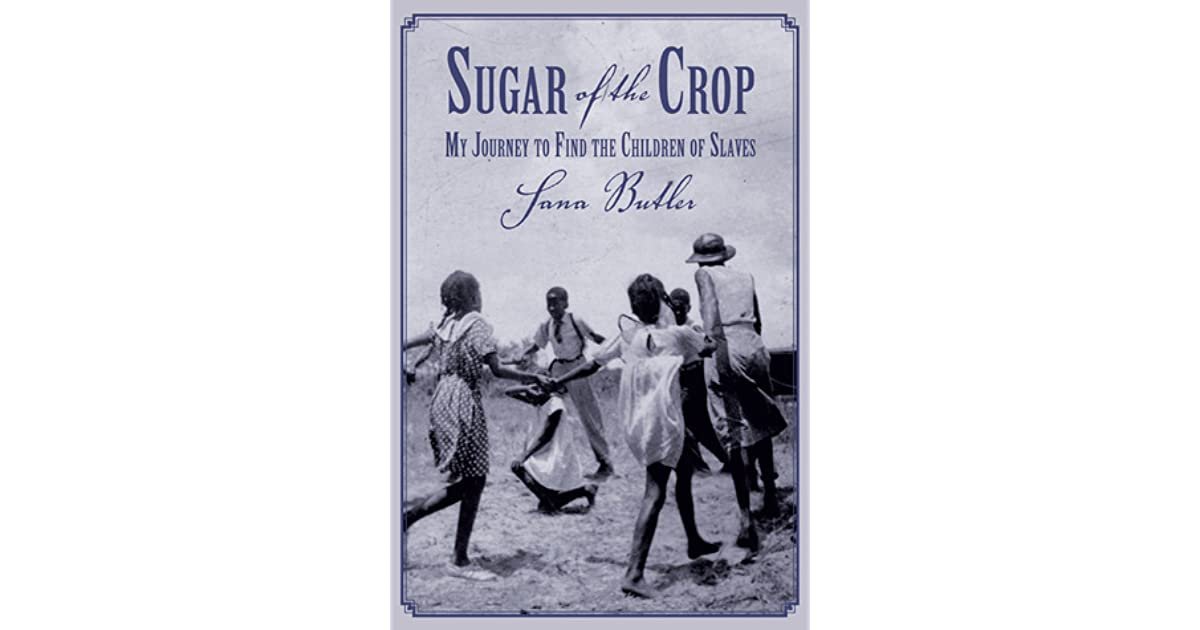Signals of Strength and Family Love
How do we display strength? What does it look like? From where does it emanate?
Is it in the words we speak?
In the way we treat others?
In how we carry ourselves?
Strength may be visible in one or any combination of the above.
Listening to Daniel Smith tell his ancestral story on CBS Mornings—just one month shy of his 90th birthday—revealed answers that caused my emotions to shift from heart-break to inspiration to anguish and back again. Smith is the son of a slave and is one of very few still alive in this nation. His words landed with the depth and authenticity of an elder who was passing on the wisdom of lived experience. That wisdom was imparted by his father, Abram, born a slave in Virginia in 1863. Abram shaped a young mind, infusing it with the values and self-worth that would carry Smith through a never-ending cycle of discrimination and constant battles to be treated with dignity.
Smith says his father gave him the “signal to be strong and survive,” telling him:
We [Black Americans] are survivors
We come from the strongest of the strong.
Never talk negatively about the United States
Never hate anyone
Do good things
Fully embracing his father’s signaling, Smith charted a life path that took him into the Army, led him to direct anti-poverty programs in Alabama, and to help lead the fight for civil rights. Smith recounted tale after tale of the injustices he suffered and surmounted—one particularly harrowing experience was being chased by a car full of klan members on a dark back road as he was trying to get home. Smith held tight to those signals from an elder who knew what it would require to be strong and withstand the monumental struggle to be alive in a nation where some would rather you not live.
Author Sana Butler says that she thought she knew a great deal about Black American history, but when she began to interview the children of the enslaved around the US, she realized she was missing a significant part. Her book, Sugar of the Crop: My Journey to Find the Children of Slaves, is the culmination of her interviews over a ten-year period. Butler talks about experiencing a paradigm shift when she realized that she was viewing her interviewees through the single lens of the horrors of slavery. The epiphany came through the stories of family love and dedication fed by the strength of resilience and courage. The children of slaves said they were taught that they could do anything—that they were great. Butler says that the signals of strength Smith received from his father were much the same for other children of slaves she interviewed.
These elders displayed an amazing strength of conviction, adaptability, steadfastness, and perseverance that molded ageless resilience and determination. These and more strengths are what positive psychology creator Martin Seligman has identified as core or character strengths—he has categorized twenty-four. Our thinking, feeling, and behaving are forged from and through these character strengths.
It’s this type of wisdom that I believe Stephen Jenkinson, author of Come of Age: The Case for Elderhood, is referring to when he speaks about the distinction in our current society between the natural stage of getting old and becoming an elder or, as he calls it, elderhood. Jenkinson says that being an elder is not just about growing old—it’s about the messages of wisdom that are shared with coming generations. Jenkinson laments that elders who share this kind of wisdom are too few in our current society.
Life experience and its many lessons were once the fundament of personal and cultural wisdom…You’d think that this is an inevitable result of an aging population in a civilized place. We should be smarter, deeper, wiser. Especially wiser…
—Stephen Jenkinson
Jenkinson has a salient point about the loss of what forges an elder and the lack of respect and reverence for elders, but perhaps Jenkinson is not looking in the right places or seeing the right people. Daniel Smith would most likely disagree that the wisdom of his elders is falling on deaf ears. I’d venture to say that Smith has imparted his father’s signals to his children and them to theirs.
Those signals from our ancestors continue to tell the story of character, strength, and fortitude. We only need to pay attention and continue the wisdom of yarning.




